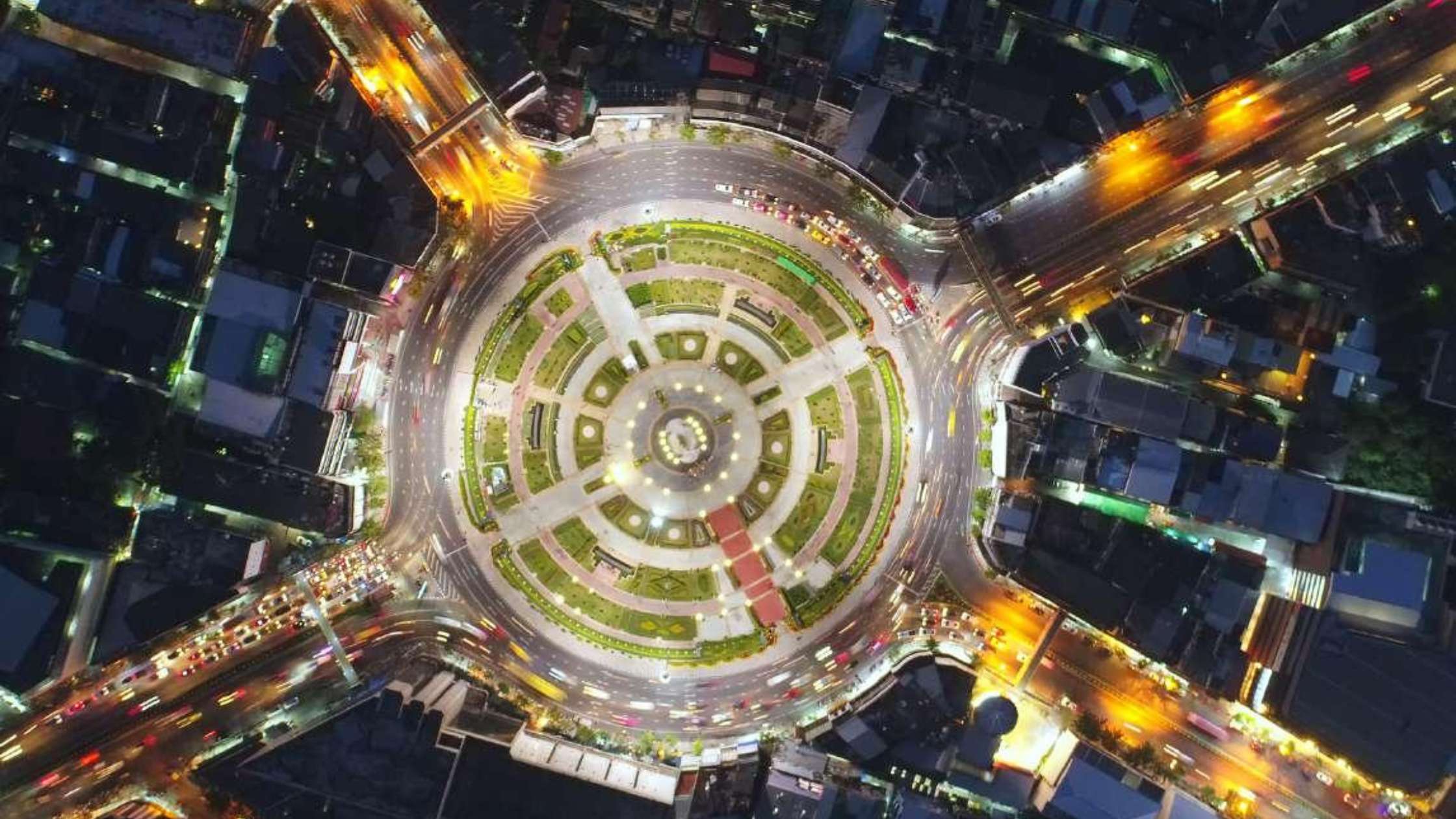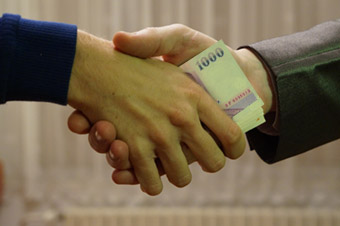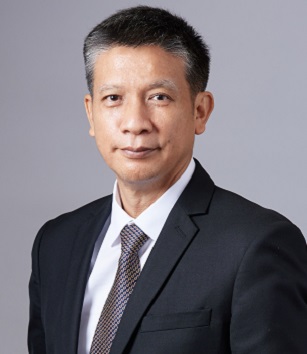July 12, 2023
PRANAT LAOHAPAIROJ The Trade Competition Act B.E. 2560 of Thailand (“Act”) was enacted in 2017 and is the second version of the anti-trust and trade competition law in Thailand. Its predecessor is the Trade Competition Act B.E. 2542, which was enacted in 1999 and saw very little usage due to a lack of necessary supplementary regulations and will of the government and the public to put the law to use. During the 18 years of its existence, the 1999 law only saw action a few times, with all of the cases dropped due to lack of evidence or governing support. The Act is the reincarnation of the 1999 law, with most of the provisions transposed from the 1999 law onto the Act almost verbatim, but with minor differences regarding categorisations and re-classifications of penalties and other minor details. The Act was deemed appropriate to change the competition landscape in Thailand in order to promote more holistic competition within the economy and enhance understanding between different stakeholders and the governing authority. The Act is also intended to extinguish, or at least limit, unnecessary hindrances to trade that had (and to some extent nowadays still have) existed because of historical trade practices and unique cultural conduct. These practices and conduct, such as arrangement, exclusivity, resale price maintenance, unfair poaching, cost imposition, have largely been banned in countries that have enacted their version of anti-trust and trade competition law, and Thailand was deemed ready to follow suit. The Trade Competition Commission of Thailand (“ TCCT ”), which is the governing authority over the Act, was very clear that during the first few... June 20, 2022
Social media platforms, such as Facebook, Twitter, YouTube, and TikTok, play a vital role in the dissemination of information, as well as in the discourse of opinions among Filipinos. According to We are Social’s 2021 Digital Report, the Philippines, known as the “social media capital of the world”, ranked as the country with the highest social media daily usage, with an average of 4 hours and 15 minutes a day. In the same report, data revealed that about 80.7% of the Philippine population, or around 89 million out of 110.3 million Filipinos, are active social media users. The prevalence of social media as a means of communication and channel of information brought with it the Filipinos’ reliance on these platforms for sources of daily news. Around 72% of Filipinos get news from social media sites, with Facebook as the number one news source (see We are Social’s Digital Report 2021). A problem, however, arises when news pieces obtained from these platforms are unverified, false, or misleading. Over the years, social media developers have received multiple criticisms on the circulation of fake news on their platforms. Based on the Community Standards or Guidelines of social media developers, the most that these platforms can do to combat fake news is to substantially limit the reach of the post, temporarily or permanently suspend the account, or take down the post, if necessary. Beyond these platforms, however, there is a lack of accountability on the part of the user who posted the false information online. Consequently, peddlers of fake news are not afraid to create fake accounts and post false or misleading information... January 31, 2018
Forging New Paths in Times of Uncertainty ... January 2, 2018
National Anti-Corruption Commission Guidelines to Supplement Section 123/5 of the Organic Act on Counter Corruption ... By Firm
Key Person Profile
Upcoming Events
Recent Past Events







 Chandler MHM Limited
Chandler MHM Limited Jessada Sawatdipong
Jessada Sawatdipong







